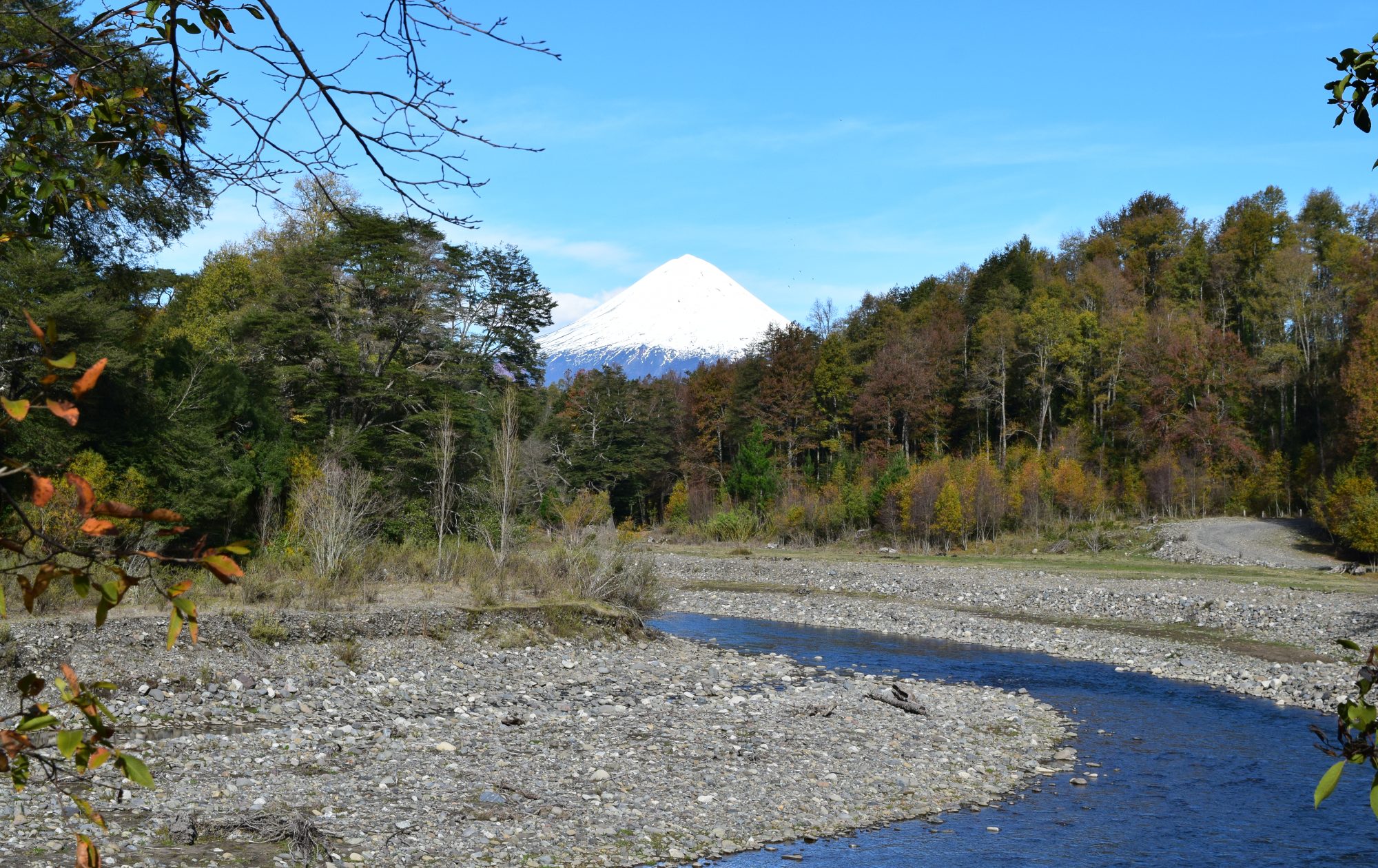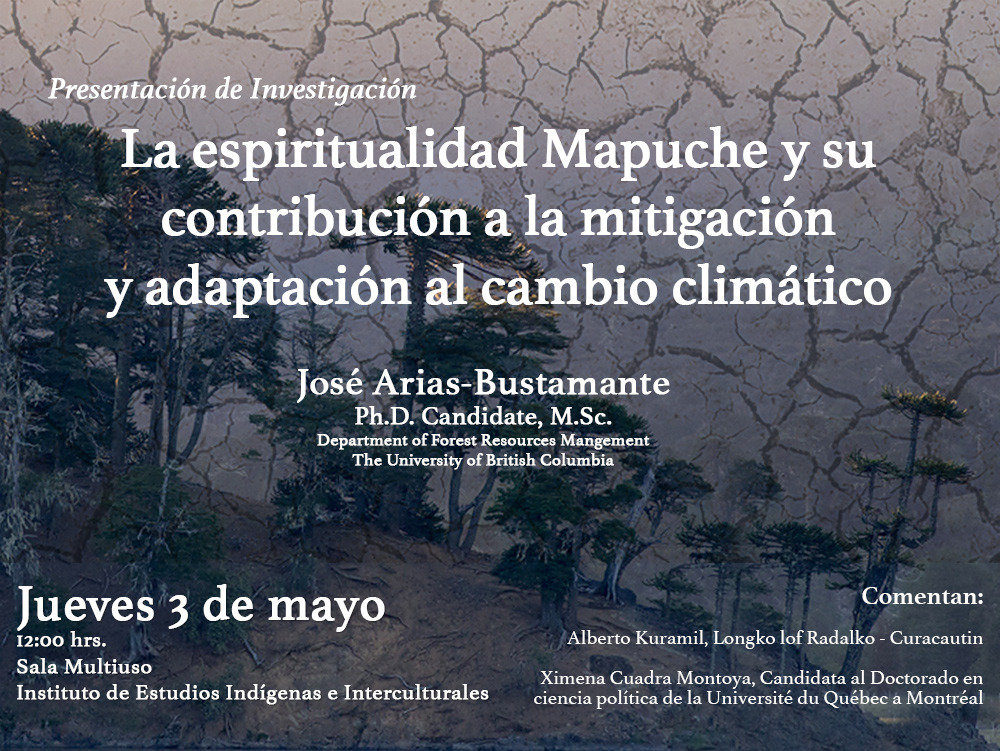Mapuche Spirituality and Its Contribution to Climate Change Mitigation
Abstract
Undoubtedly, the Chilean forestry sector is one of the most successful in the world; however, its exponential development is based on Mapuche ancestral territories. Access to these territories was obtained through titles assigned during the Chilean military dictatorship (1973–1989). As a result, the native forest associated with these lands has been subjected to selective harvests, forest fires, and the introduction of industrial timber plantations (ITPs). This has not only caused severe impacts on the environment and the communities that depend on it, but it has also determined the spiritual disconnection between people and nature, mainly, due to the loss of sacred spaces that have been destroyed, determining the disappearance of the spirits or ngen, protectors of those spaces. Thus, this research discusses the role of Mapuche spirituality in the recuperation processes of lands, sacred spaces, and forest ecosystems, and thus its contribution to climate change mitigation.
Keywords
Mapuche spirituality; Climate change; Reciprocal restoration; Sacred places; Ixofillmogen; Az mapu; Industrial timber plantations
Citation
Arias-Bustamante J.R., Innes J.L. (2021) Mapuche Spirituality and Its Contribution to Climate Change Mitigation. In: Leal Filho W., Luetz J., Ayal D. (eds) Handbook of Climate Change Management. Springer Nature, Cham. https://doi.org/10.1007/978-3-030-22759-3_119-1

